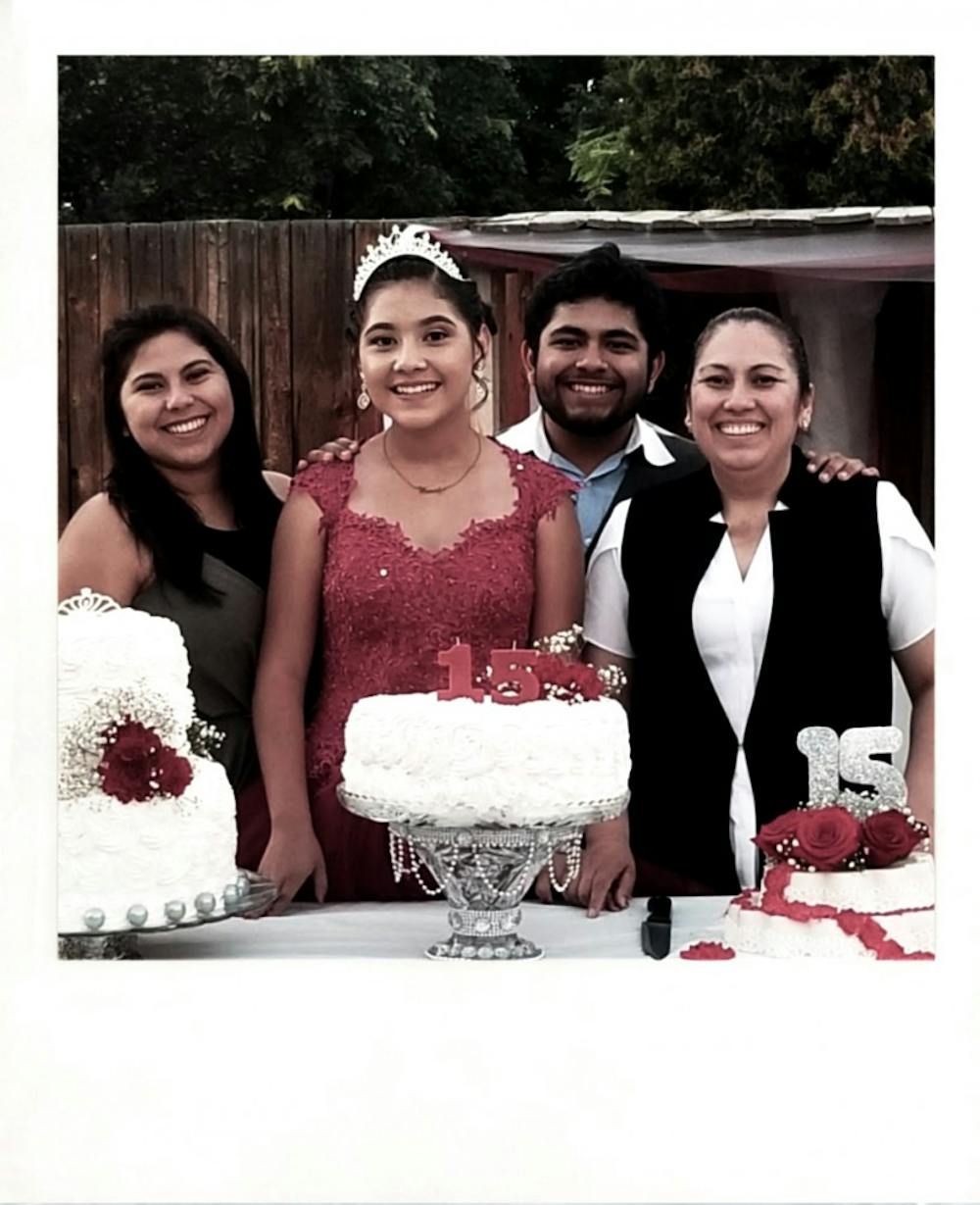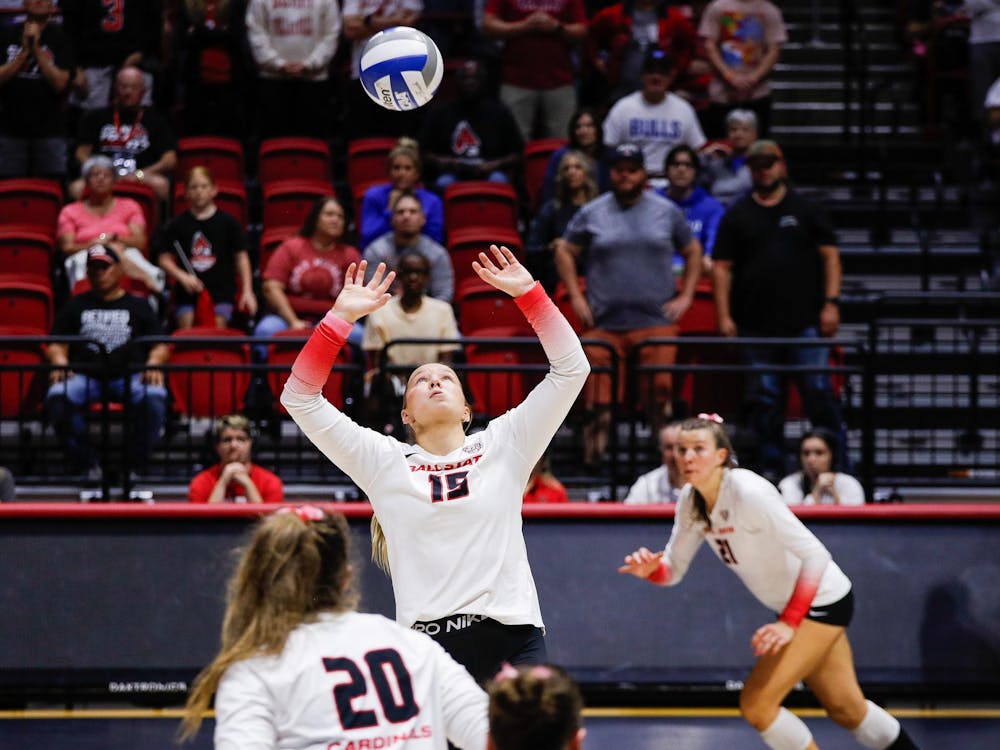
Stephanie Amador is a senior photojournalism major and writes “Café con Leche” for The Daily News. Her views do not necessarily agree with those of the newspaper. Write to Stephanie at skamador@bsu.edu.
These past few weeks I hadn’t realized September was Hispanic Heritage Month. I felt awful, having forgotten this month was the month to celebrate my culture.
I could feel my half-sister judging me from 2,000 miles away in California. She always did say I wasn’t “Mexican enough” for not speaking Spanish.
Even my friends have been sharing their pictures on social media celebrating “El Grito” on the Mexican Independence Day with music like Salsa, Reggaeton, Cumbia and even Duranguense.
I was disappointed in myself for not screaming out loud, “I’m Mexican and I am proud.”
In the midst of my guilt, my mom called me.
“¿Que haces?” “What are you doing?” she asked.
“Nothing, Mom. What is it?”
“¿No que estas en clases?” “Aren’t you in class?”
“No Madre, I’m just laying in bed.”
“Oh … ¿Me haces un favor?” “Can you do me a favor?”
We have this conversation at least three times a week. There are days when she just wants to talk. However, she calls me at the worst times; when I’m in the middle of class, and I have to apologize to the professor that I have to answer my mom’s call. If I ignore her call, she will be persistent and continue to call me.
These conversations are my culture.
My father on the other hand, he’s a storyteller. He’s the man who loves talking about his life in Mexico.
When I was a teenager, the advice he gave me was tedious and dull after puberty hit. Now I look back on those long conversations, and I realize my father was actually a smart man – he was just annoying at the same time.
He always told me the way to success is just like climbing the ladder; taking it step by step and taking your time.
My dad taught me everything.
His lessons are my culture.
Last month, I went to my cousin’s Quinceanera. Like any party, there was dancing, music, mouthwatering food and friendly people. A Quinceanera is the most important day of a girl’s life because after she turns 15, she’s officially a woman.
These Quinces aren’t like a Sweet 16. There’s a priest that blesses you, gold jewelry to symbolize your faith and belief system and the father-daughter dance that represents the final dance with his little girl.
Just a couple of months before the Quince, my cousin lost her father. My mom asked my aunt if she was going to continue with the party. My aunt said yes, we couldn’t stop the Quince, not on the most important day in a teenage girl’s life.
As a family, we stayed united during this tragic loss and helped her and her family get back on their feet to put on the Quince.

My grandparents, Jose and Maria Amador live in Yuma, AZ. They have 8 children and too many grandchildren and they remember everyone’s birthday by heart. Stephanie Amador, Photo Provided
My cousin buried her father’s ashes the next day.
It was an emotional week. My aunt cried. My cousin cried. I cried.
My family is my culture.
My grandparents came to America with just three of their children. They didn’t have enough money to bring all eight to the country, so they had to pass their older children to a trusted loved one.
My grandparents made such large sacrifices in giving only their younger children an education while the older children were put to work as young as 14.
They were broke; they didn’t have an equal opportunity in Mexico as they did in America. The family broke up, like a band. My mom came to America when she was 18 with the education of a fifth grader. When she was 20, she studied and earned her GED.
My grandparents received their American citizenship just four years ago after they have been in the country for more than 27 years.
As I reminisced on my family’s history, I realized I shouldn’t feel so guilty about forgetting it’s Hispanic Heritage Month. I don’t need to celebrate my Latino heritage for a whole month because I’ve been celebrating it since I learned I was Latina.
I’m proud to be Mexican-American.
I celebrate being Latina by calling my mom and venting to her about my stressful day. I commemorate being Hispanic by dancing to Cumbia when I’m cleaning my apartment. I honor my family by being there for them through the good and bad.
Latinos are storytellers. We want to talk about our struggles; we want to talk about people that came in our lives and left. Sometimes we want to invite you in our home to have a carne asada, a steak taco.
The month is to celebrate with Latinos all around the world, and to say, “We are here, we exist.”





